The Assam AgriFin Xamahar has identified certain priority thematic areas, in which innovations are needed. Applicants will be expected to describe which one or more problem areas their innovation will address in their application. The objective of the Assam fund opportunity is to enable investments in Agri-enterprises, improve the investment environment and promote investment through the four key themes for Assam Challenge Fund.
Value Chain Assam AgriFin Challenge Fund Themes
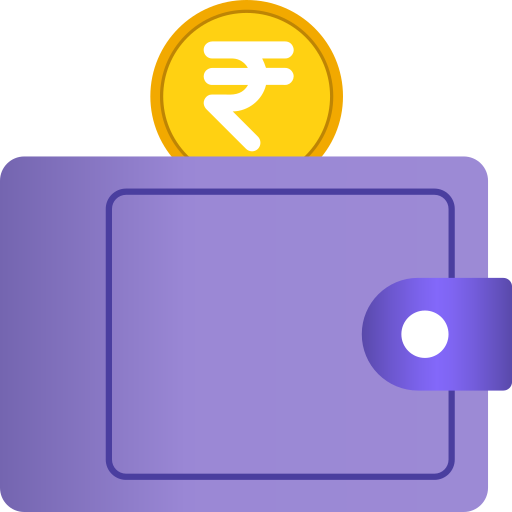
Savings including access to long-term savings / micro pensions
Last mile savings include micro pensions and payment services through non-bank networks such as Business Correspondents.

Digitization of agriculture payments
Digitization of all transactions including the adoption of cashless transactions using mobile Internet, and India Stack to offer branchless banking facilities to target beneficiaries.

Insurance (Crop, livestock, life, other perils)
Supporting risk management & insurance for agriculture including innovative ways to measure weather and protect crop yields.

Credit (Production and Investments)
Financing pre-harvest capital expenditure.
Financing post-harvest infrastructure like small Agri-warehouses / godowns / cold chains (Investment).
Financing farm mechanization and agriculture assets (Investment).
Receivables and Dealer financing.
APART Value Chains
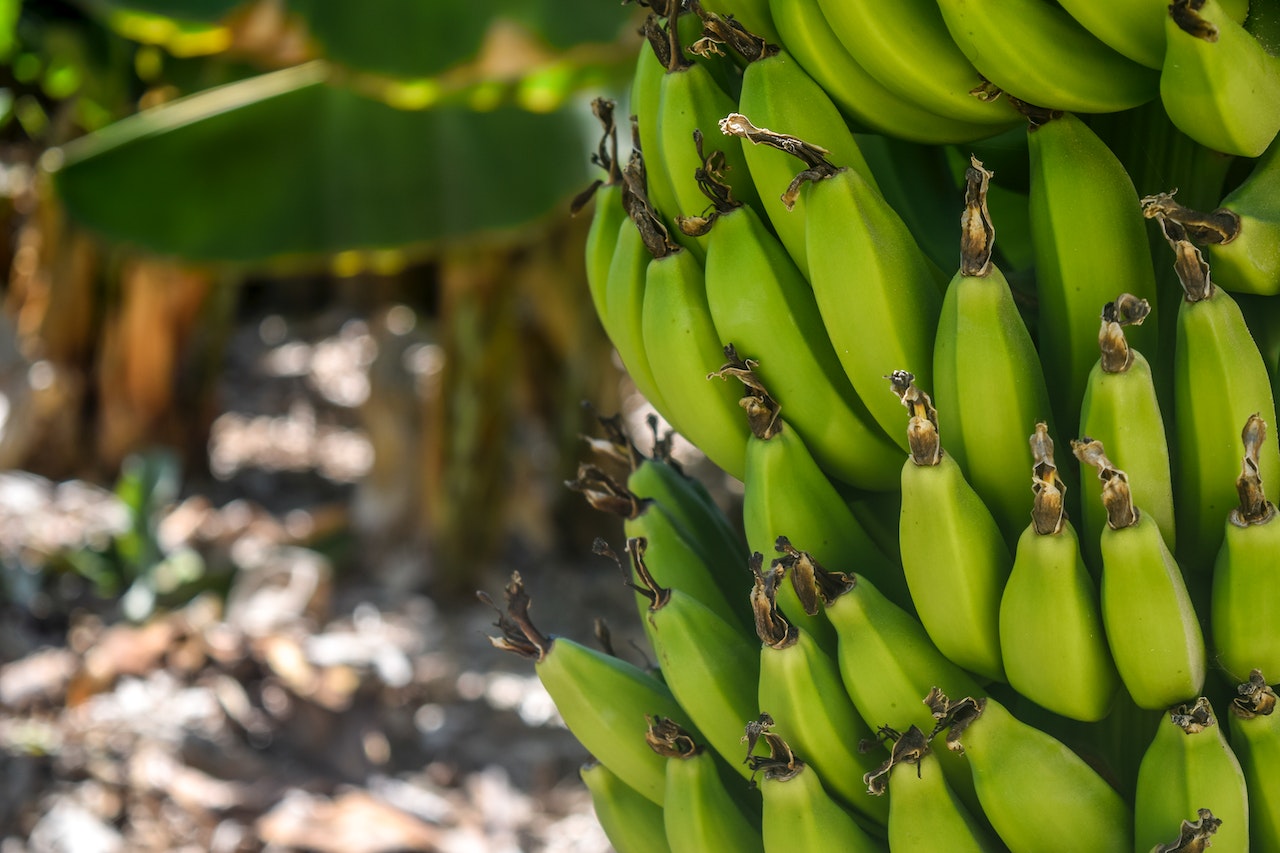
Banana
The uniqueness of the banana sector in Assam, a natural home of this crop, is its diverse characteristics – i.e., varietal strength – numbering 15 to 20. Some of the excellent traits of
these varieties may be lucrative for the breeders – but these crops are awaiting commercialization and value addition. With over 51,279 hectares of area under cultivation, Assam is one of the largest banana-producing states in the country.
In Assam, the most important variety of bananas is “Malbhog”. Nearby companies like Keventer Ltd. in Kolkata have already visited so many FPCs of bananas in Assam and suggested that they grow “G9” and “Cavendish” varieties of bananas to boost their export potential. In Assam, banana farmers struggle to get access to finance for mainly two field operations – for planting material purchase and the construction of ripening chambers and pack houses. They also need support for the purchase of transport vehicles. Farmers also need support for setting up banana chips processing units and banana fiber processing units.

Brinjal/Egg Plant
In Assam, Brinjal is grown in two seasons - Winter (Sep-Oct) & Spring (Jan-Feb), covering an approximate area of 17,800 hectares with an average yield of 172.25 quintals/hectare against the
national average yield of 176.69 quintals/hectare. Districts like Bongaigaon, Kamrup (R), Cachar, Barpeta, Morigaon, and Dhubri, each produce more than 18,500 tons/annum with an average yield of 20-24 Metric tons/hectare, which is ≈25% higher than the national average.
APART and World Vegetable Centre (WorldVeg) are supporting farmers with training programmes to promote climate-resilient, good practices. WorldVeg has reported an increase in production by up to 46% among farmers adopting the revised techniques of production. Farmers are now being trained on Integrated Pest Management (IPM) systems to reduce pesticide usage for improved product quality of the vegetable. Farmers mainly need support for setting up greenhouses/polyhouses, nurseries, sorting, grading & aggregation units, pack houses, cold storage, and refrigerated transport.
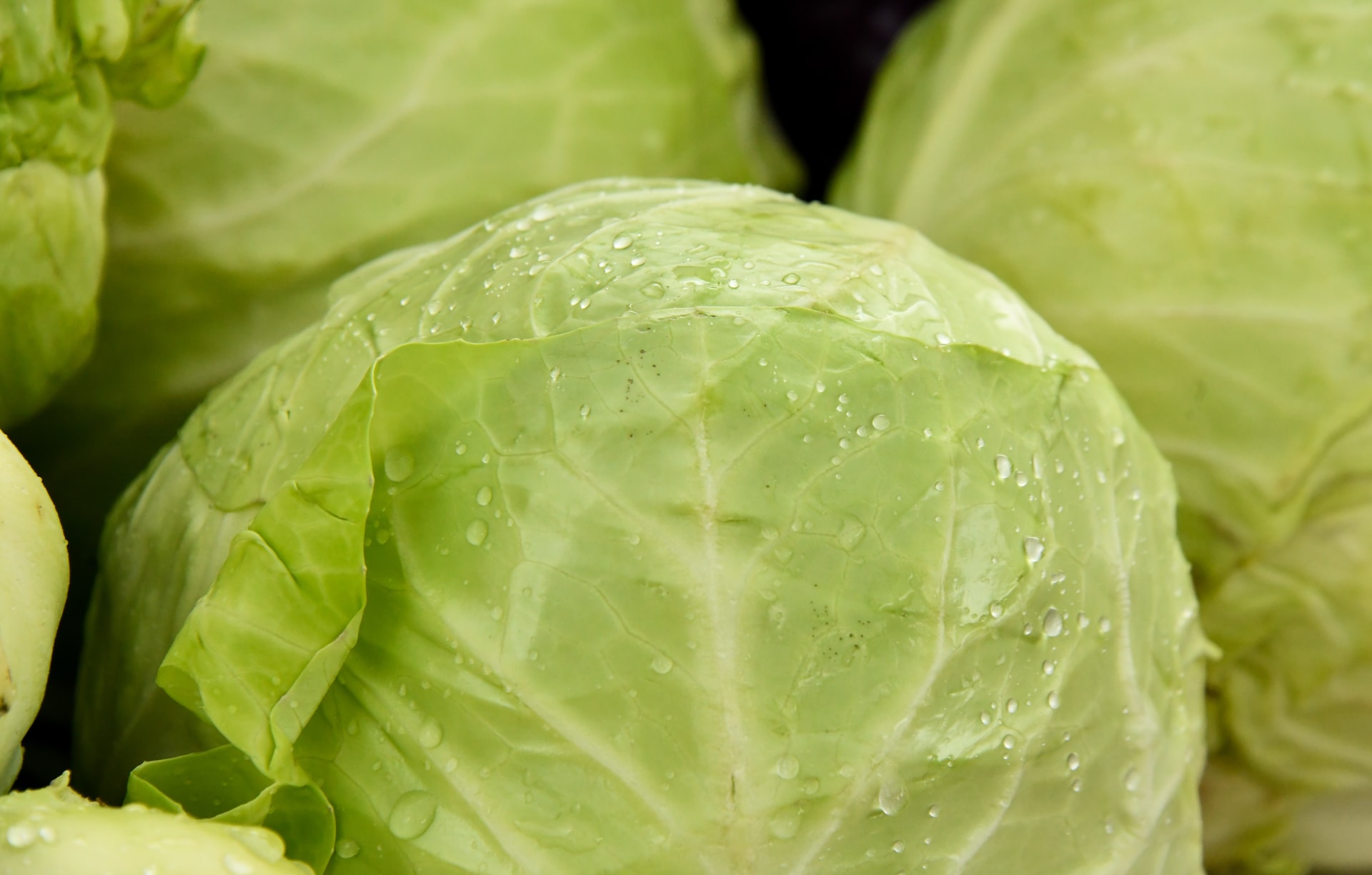
Cabbage
The cabbage value chain has the involvement of the World Vegetable Centre (WorldVeg), the Directorate of Horticulture and Food Processing (DoH&FP), Assam Agricultural University, and
ARIAS in supporting Value Chain Stakeholders. These players are providing training to the farmers on the selection of optimum varieties, climate-resilient, good practices, and Integrated Pest Management (IPM), besides providing general technical support services and enterprise development through vegetable seedling nurseries. Farmers associated with the support mechanism are adopting the revised techniques of production which have led to a 26.34% higher yield in cabbage production in 2019-20. Cabbage Farmers mainly need support for setting up sorting, grading & aggregation units, pack houses, and cold storage. They also need support for the purchase of refrigerated vans and transport vehicles.
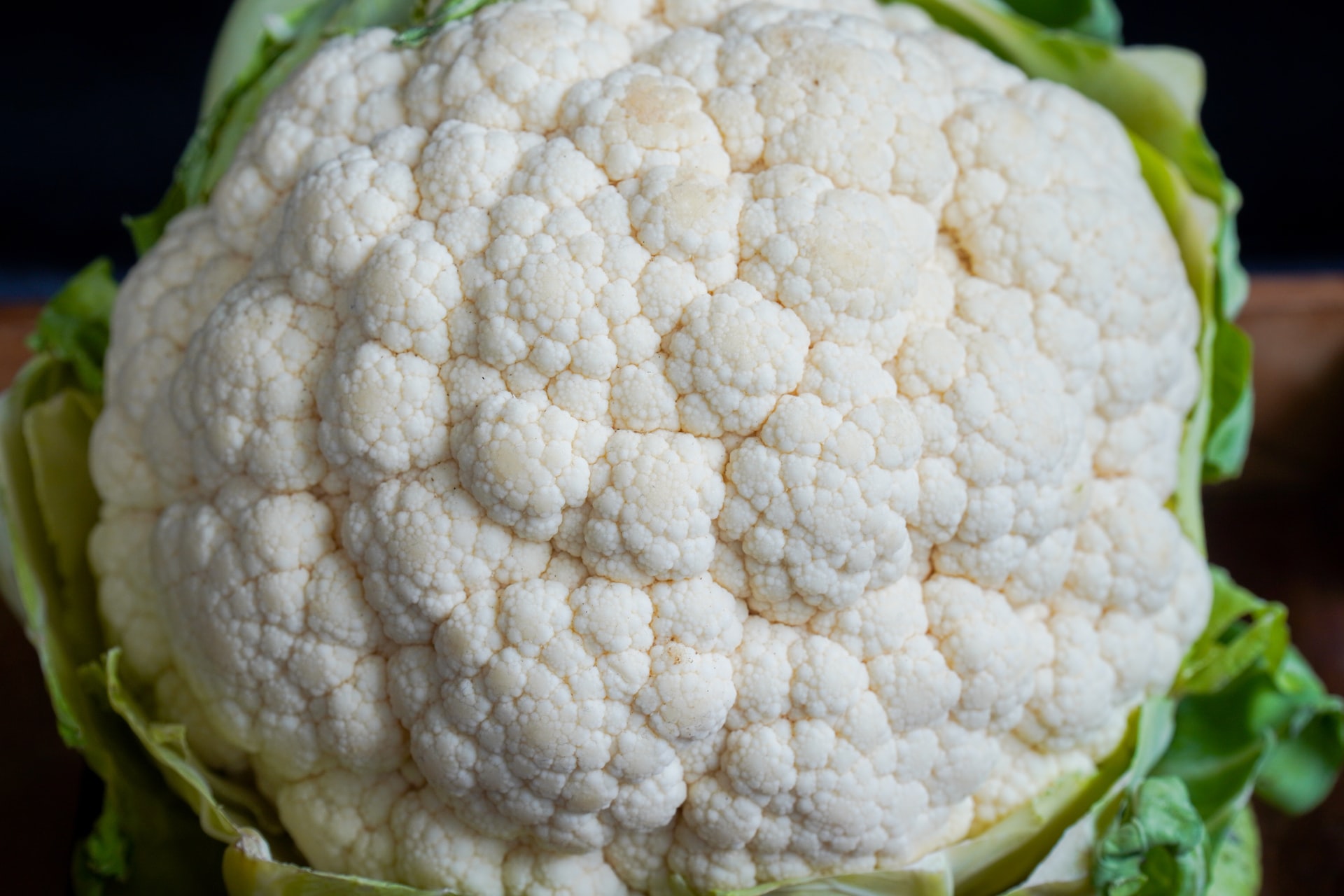
Cauliflower
APART is supporting the value chain activities along with the World Vegetable Centre (WorldVeg), the Directorate of Horticulture and Food Processing (DoH&FP), and Assam Agricultural University.
Activities like training the farmers’ selection of optimum varieties, climate-resilient, good practices, Integrated Pest Management (IPM), providing general technical support services, and enterprise development through vegetable seedling nurseries, have been initiated with cauliflower. Farmers adopting the revised techniques of production compared to the normal production techniques have shown a 21.43% higher yield in cabbage production in 2019-20. Farmers mainly need support for setting up sorting, grading & aggregation unit, pack houses, cold storage, and refrigerated transport systems.
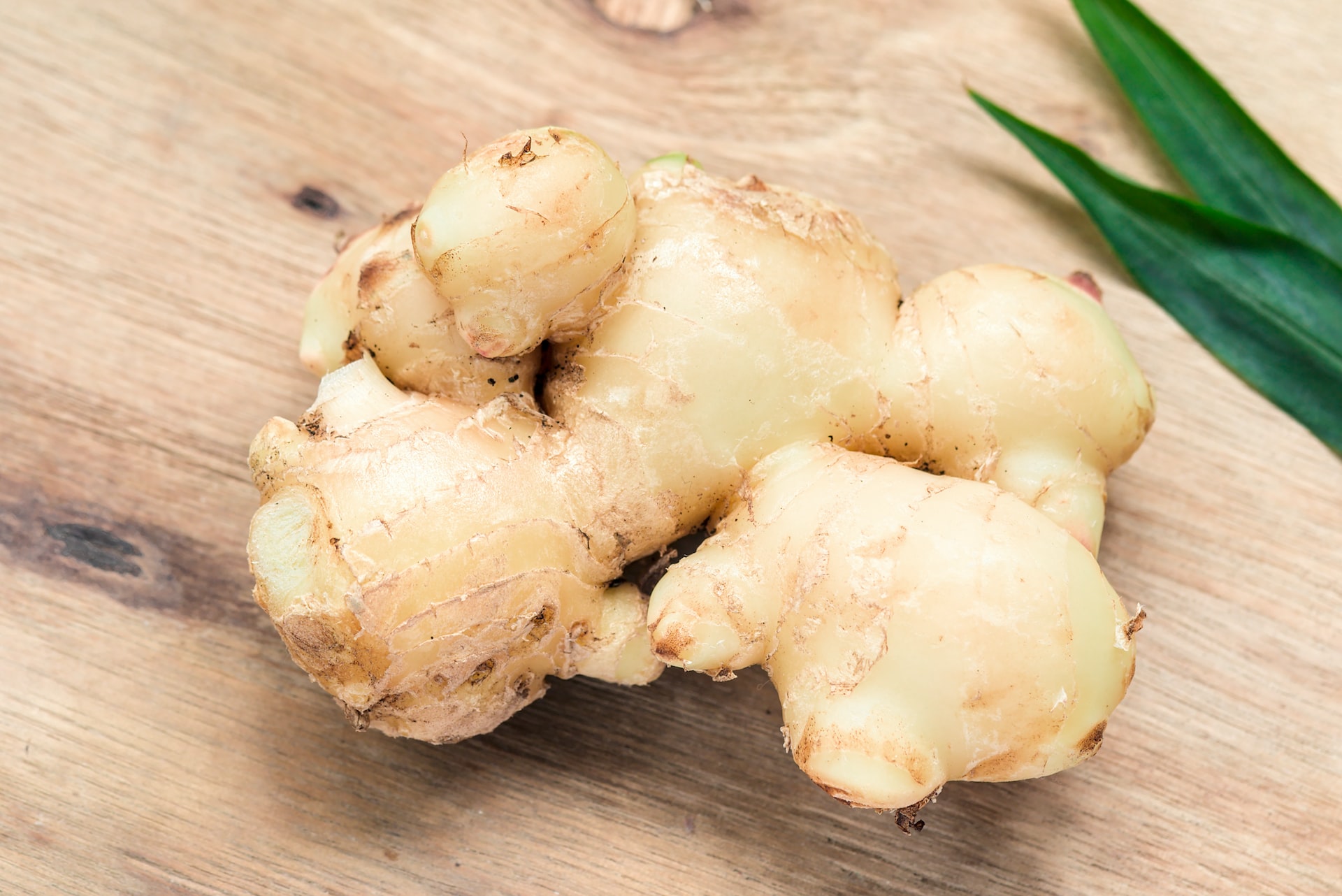
Ginger
Assam is famous for its low-fibred “Nadia” variety of ginger. Ginger Cultivation is primarily carried out by small and marginal farmers, mostly from hilly & tribal areas, using the shifting cultivation
technique. The productivity of ginger ranges from 9–11 Metric Tonnes/hectares. The use of chemical fertilizers is very minimal. The harvest season is usually between November and January depending on the maturity of the variety. Ginger is sold in both fresh and dried form. Market Linkages created have been encouraging. Ginger processors like Bazaari Funde have agreed to procure 200 Kg of dry ginger (approximately 1280 Kg of fresh ginger) based on the initial market linkages
Ginger farmers in Assam need financial support for the construction of Primary Processing Centers (PPC) for washing, grading, and packing fresh ginger. So, the PPCs would add additional benefits to the ginger farmers of Assam. Along with that, farmers also need access to finance for the construction of integrated processing units, pack houses, and transport vehicles.
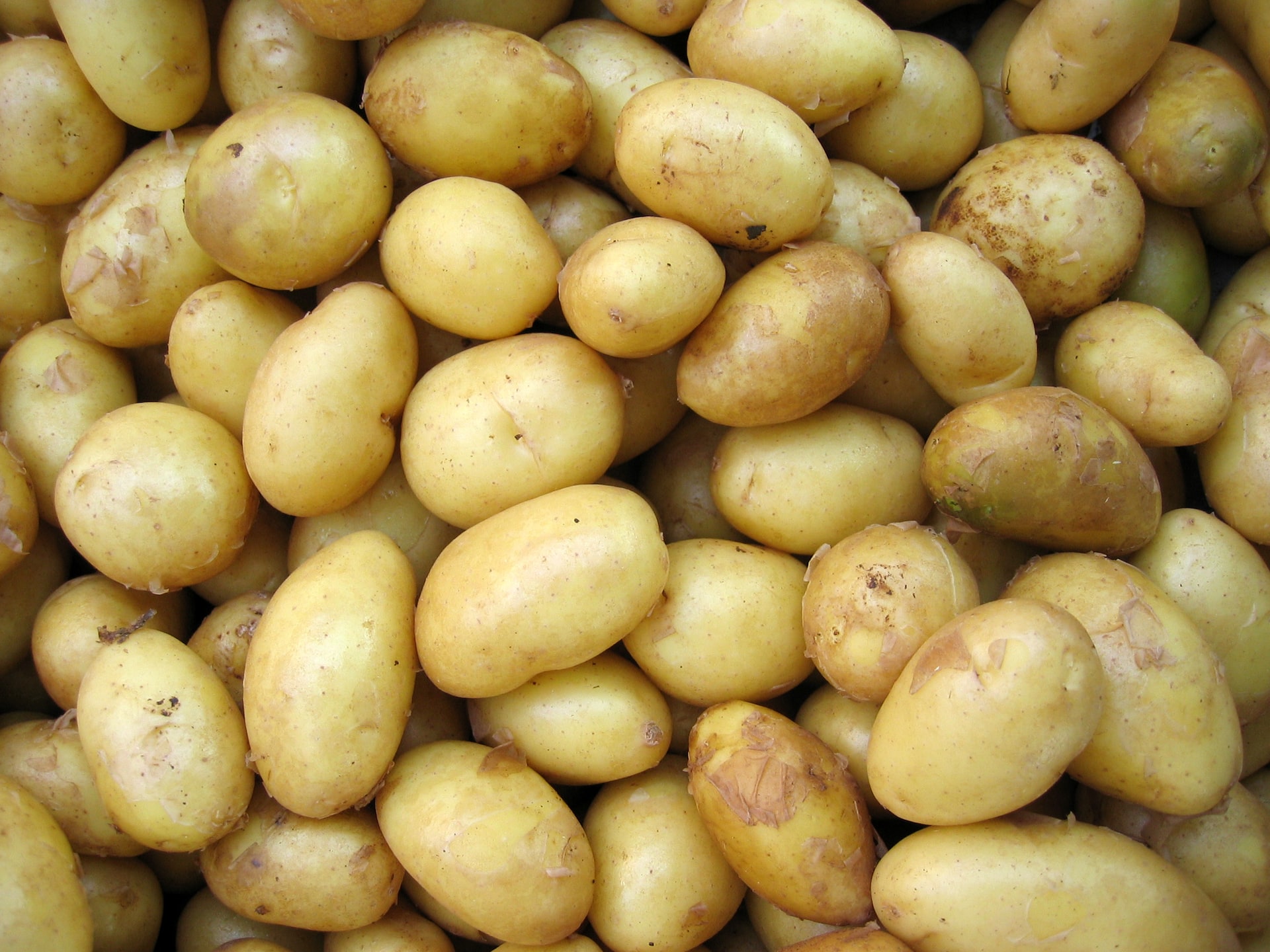
Potato
As per the Department of Horticulture under GOI advance estimates for FY20, Assam currently contributes 2.25% of the horticulture crop production in the country.
During FY18, the yield/Ha for Assam was 7 MT compared to a national average of 23.96 MT. The major impediment in Assam is the lack of quality seeds and infrastructure facilities for irrigation. Hence, most farmers in Assam grow potatoes with inferior seeds under rain‐fed conditions, which often result in low yields.
International Potato Center (CIP) in collaboration with APART is undertaking multiple initiatives to promote potato cultivation in Assam. One such initiative is Value Chain Schools (VCS), a project to foster entrepreneurship among small and marginal farmers by developing the potato value chain and bringing in innovations in potato farming practices. It has introduced zero tillage potato farming done between two rice harvesting seasons.
CIP is also introducing contract farming in potato cultivation in Assam in collaboration with PepsiCo and Haldiram. Under such contracts, quantity, and price is assured by the off-taker. Financial Service Providers can explore collaboration with CIP, PepsiCo, and/or Haldiram with the objective of delivering credit, insurance and other financial services to the potato farmers. Lending agencies will face minimal Credit Risk due to assured buyback mechanisms under contract farming. Further transaction costs can also be reduced by delivering all services only through farmer collectives.
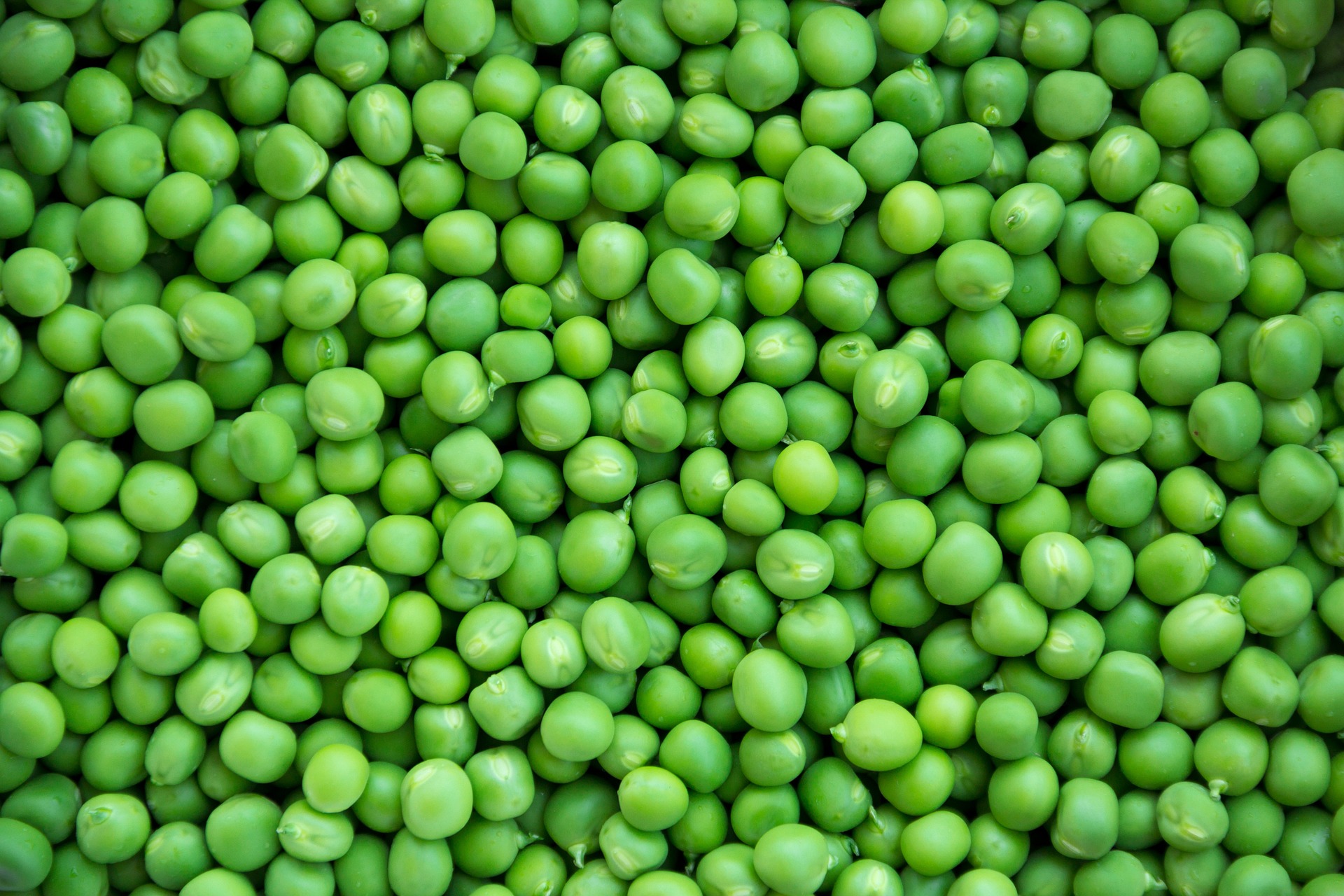
Pulses
APART is working to develop the value chain of three pulse crops
a) Black
Gram,
b) Lentil
c) Pea.
These crops are an important source of protein and can improve soil fertility by fixing atmospheric nitrogen in the soil. Value chain development interventions of Black Gram have been initiated in 16 clusters, lentil in 10 clusters, and Pea in 10 clusters covering the districts of Barpera, Darrang, Dhubri, Golaghat, Jorhat, Morigaon, and Sonitpur.
The emphasis is to increase the area coverage for farming pulses with assistance from World Veg, the Indian Institute of Pulses Research, and AAU. On-farm crop demonstrations and farmer trainings are being done to promote the adoption of recommended PoP developed by AAU. The ATMAs (Agricultural Technology Management Agency) has been strengthened to provide improved production and marketing support to farmers. The Pulses value chain requires post-harvest management and value addition for better access to input and output markets.
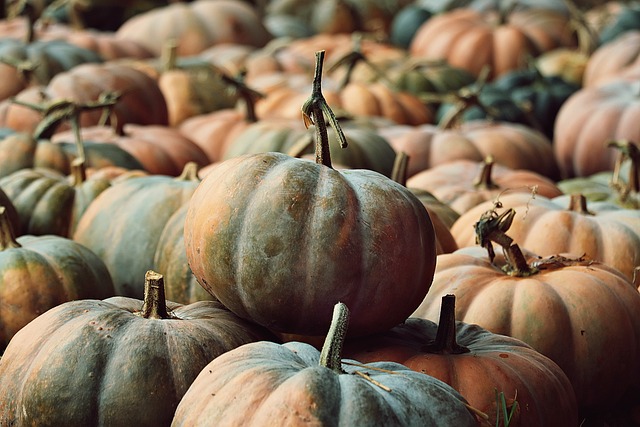
Pumpkin
Assam is one of the best pumpkin-producing states of NER and nowadays, some of its FPCs are also exporting their certified organic pumpkins from Assam to Gulf countries.
To support this value chain, the ARIAS society through APART has carried out demonstrations and training in the pumpkin value chain. The training has improved the yield in the control plots of these demonstrations.
Training on Integrated Pest Management (IPM) technologies and reduced usage of chemicals have been completed. Production of Open Pollinated (OP) seeds, with characteristics similar to hybrid varieties but without the associated problems of hybrid varieties, has been received from World Veg-South Asia and is being implemented in districts where nurseries have already become functional. Pumpkin farmers in Assam require support on pricing, and market linkages apart from the construction of pack houses and transport mechanisms.
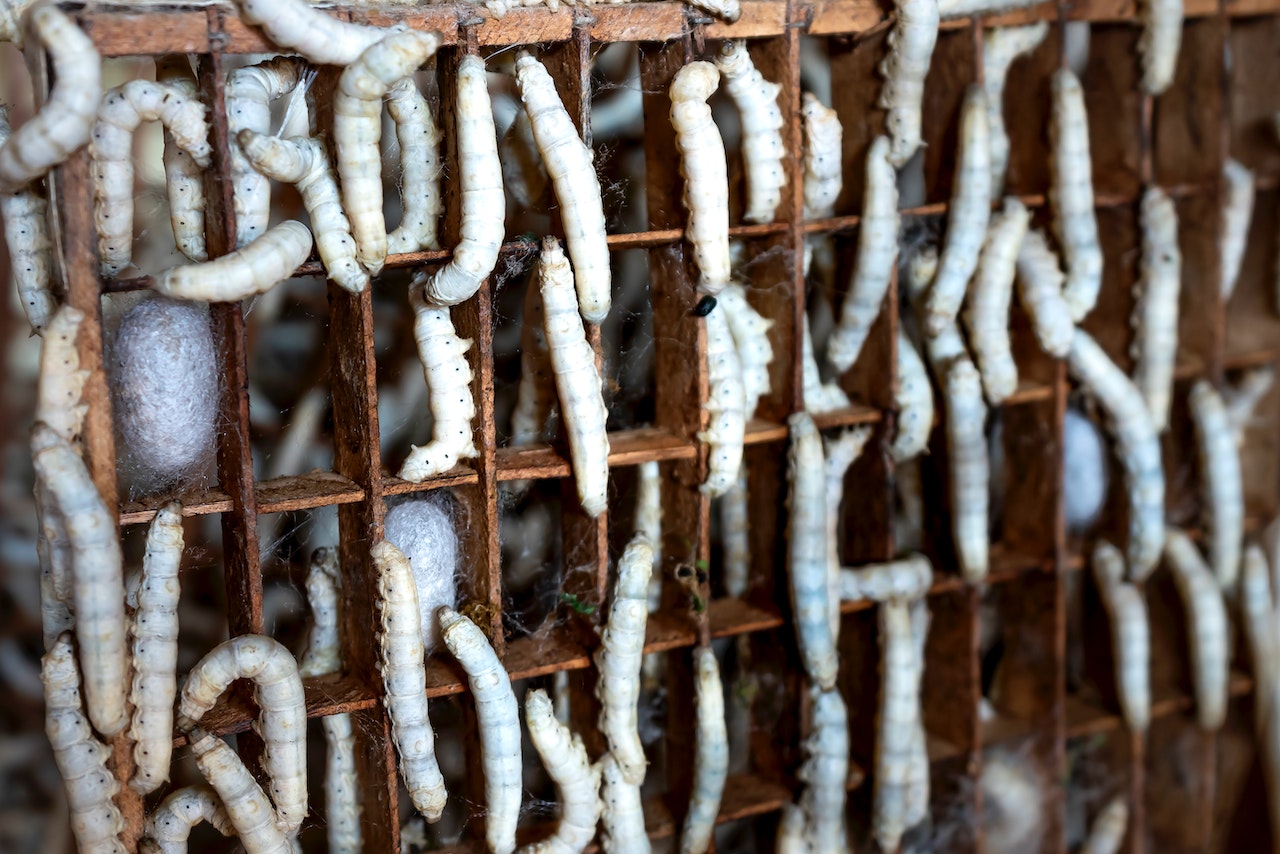
Sericulture & Handloom
The focus in Sericulture & Handloom is on end-to-end interventions of the value chain to increase the production of silk and improve the quality of silk. Interventions are being implemented
at every stage of the silk value chain, from silkworm seed production to addressing supply-side and demand-side gaps. The value chain is targeting 15,000 producers.
The value chain is creating a cluster-level infrastructure such as community jail (netted) houses, nurseries, cocoon houses, eri rearing houses, cocoon drying chambers, grain age houses, and providing support through technical assistance. The value chain requires larger market linkages and financial intervention packages that facilitate the creation of productive assets by farmers.

Fishery
With abundant water resources, the fishery value chain in Assam has great potential. The water spread area of the state, 4820 sq km, combined with numerous naturally occurring water bodies add up to its vast potential for fisheries covering an
area of 2.62 lakh hectares of water resources. Fish production in the State was recorded as 3.27 lakh metric tons in 2019. There was a demand and production shortage of 0.29 lakh metric tons. While the production in the state is rising, it’s still a net importer of fish due to high demand. There is potential to increase production by 3 lakh metric tons.
The immediate requirement of the value chain is to increase the flow of finance to the existing mechanism of fishery cooperatives. The co-operatives need to be recognized enablers for farmers to source finance. There is huge potential for insurance in Fishery with customized products that enable fish farmers to improve the quality and quantity of the produce, enabling them to invest in APART-introduced projects like prawn farming.
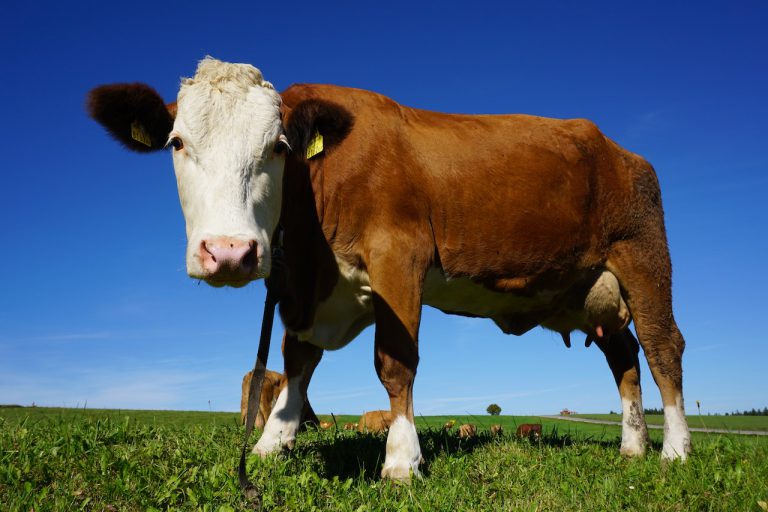
Dairy
The dairy sector in Assam has the potential to support a large number of livelihoods. As per the Department of Animal Husbandry under GOI, the per capita availability of milk in Assam was 71 gms/day in FY19 which is very low compared to the national average of 394 gms/day.
In Assam, of the total volume of milk produced, around 60 percent gets consumed at the production level and only the remaining 40 percent volume becomes available as marketable surplus. Of this, more than 90 percent volume is being collected by the players in the informal sector, mostly bulk aggregators. This showcases a huge gap in the commercialization of a potential sector in the state. ARIAS estimates a shortfall in milk production at 1,872 million litres by FY22.
ARIAS plans to promote the dairy sector in Assam through the provision of financial, institutional, and technical assistance to dairy farmers associated with FPOs/Cooperatives. 5 districts (Sonitpur, Nagaon, Kamrup, Jorhat and Lakhimpur) have been identified for dairy intervention based on milch cattle population.
Financial Services Providers (FSPs) can explore collaboration with the West Assam Milk Producers’ Co-operative Union Ltd. (WAMUL), to deliver customized financial services to dairy farmers associated with WAMUL, including cattle loans, livestock insurance, personal loans, savings and investment services, payments, etc. Such services can be delivered through the Dairy Cooperative Societies (DCS) /FPOs at the village level to reduce credit and transaction costs.